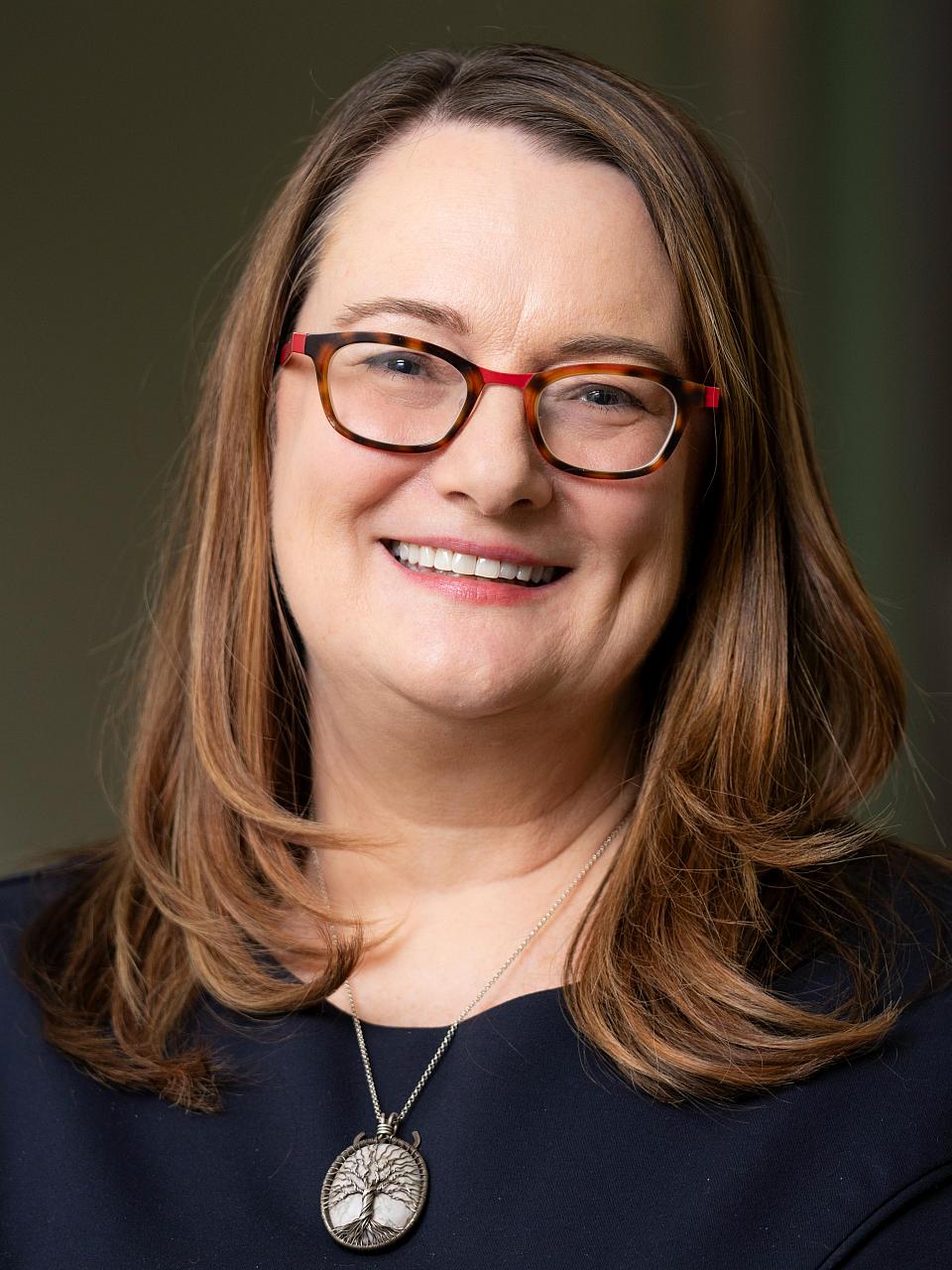Voices of U of U Health
At the Intersection of Art, Humanities, and Health
The arts and humanities play a critical role in health education.
Exposure to literature, visual and performing arts, philosophy, and law develops well-rounded practitioners equipped to provide compassionate care, while also caring for themselves and their colleagues.
Early and Ongoing Engagement
The Center for Health Ethics, Arts, and Humanities at the University of Utah incorporates arts and humanities into teaching medical knowledge and skills. Gaining a better understanding of human experiences, prepares learners better for difficult situations like delivering a life-altering diagnosis or grappling with ethical issues.
Engaging learners in these experiences early in their education can be valuable. The center is partnering with the Department of Philosophy and College of Humanities to offer a new undergraduate major in medical humanities, starting in 2025.
We also provide ongoing trainings for our professional teams. For example, our interrupting bias workshops apply interactive Forum Theatre techniques to explore and address conflicts in health care settings.

Interdisciplinary Collaboration
After three decades of being housed within the Department of Internal Medicine, the Center for Health Ethics, Arts, and Humanities became a university-wide resource in 2021. The center supports cross-collaborations like Healthcare Stories, a partnership between the center and UtahPresents and the U of U Health Resiliency Center.
Held at Kingsbury Hall, this annual event brings together patients, caregivers, and health care professionals to share personal journeys of discovery and healing. Clinical priorities can overshadow the humanizing aspects of health care. These storytellers inspire community through their shared reflection.
The center also works closely with the Arts and Health Innovation Lab. The lab studies how artistic practices can be integrated into health care and community settings, like using arts-based therapies to improve individual care and public health.
Community Voices and Perspectives
We engage the wider community through virtual and in-person programming and events, including:
- Literature & Healthcare — A monthly program facilitated by U faculty to explore health-related themes through discussion of books, films, essays, and plays.
- Ethics Explored — A multidisciplinary discussion series led by local and national experts to address current issues in health care ethics. A recent event discussed health care inequalities faced by Black Americans and invited community participation.
- Rubor is our literary and arts magazine, founded by U medical students. It accepts submissions from patients, staff, faculty, students, and trainees across U of U Health.
- Another annual publication, Voices from the Faculty, features 55-word stories reflecting on challenging moments in medicine.
Through multi-faceted programming, we aim to foster dialogue, creativity, and understanding around health care experiences and topics.

Immersive Learning Opportunities
The TRUE program allowed me to take medical students into rural communities. They interacted with families living with the impacts of serious disabilities. With a grant from the Utah Developmental Disabilities Council, I collaborated with students to produce videos documenting these visits. The videos highlight the ethical dilemmas and daily obstacles resulting from health care disparities in underserved areas of Utah.
This immersive experience motivated students to continue pursuing research and educational initiatives. They feel compelled to take action on these public health challenges, whether presenting findings at conferences or developing training curricula for medical residents. These experiences deepen their understanding and provide realistic scenarios to hone their advocacy skills.
Short-term creative endeavors like this can catalyze lasting breakthroughs. While modest in scope, they represent meaningful strides towards health care access and solutions for under-resourced communities.

Harnessing Utah's Unique Strengths for Health Care Innovation
As the only academic medical center in Utah, we want to have a bigger cultural impact across the region. Utah's unique culture and geography make it a great place for art, humanities, and health to converge.
We want institutions, educators, and policymakers to see how much arts and humanities benefit our medical providers. By embracing the full range of human experiences in education and training, Utah is uniquely positioned to be a national leader in health care transformation.
Creating an environment that values inspiration, creativity, and expression moves us toward a future where we do more than treat people—we connect, understand, and heal.
